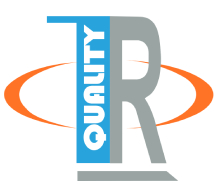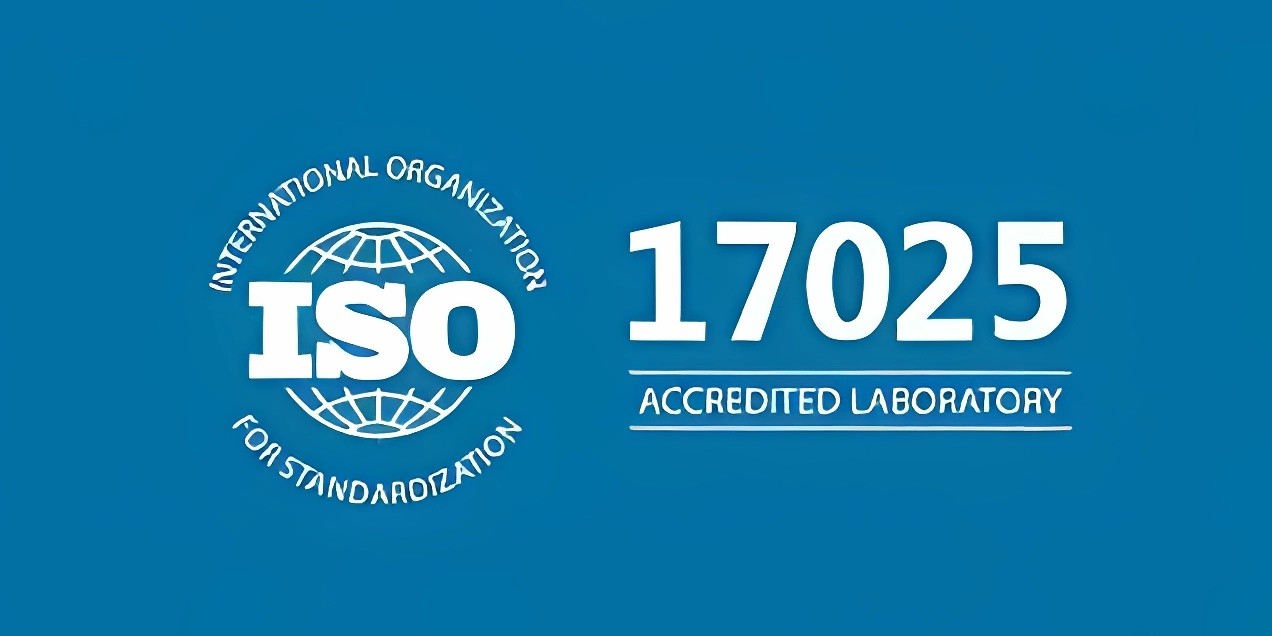Introduction to ISO 17025 Accreditation
ISO 17025 is the international standard that specifies the general requirements for the competence of testing and calibration laboratories. Accreditation to ISO 17025 demonstrates that a laboratory operates competently and generates valid results, fostering confidence in its work both nationally and globally. This article explores the significance of ISO 17025 accreditation in calibration services, highlighting its impact on quality, reliability, and global acceptance.
Understanding ISO 17025 Accreditation
ISO 17025 accreditation is a formal recognition that a laboratory is competent to perform specific tests or calibrations. It involves a rigorous assessment by an accreditation body to ensure that the laboratory meets the international standards for technical competence and management systems.
Key Components of ISO 17025
ISO 17025 covers several critical aspects, including:
- Management Requirements: These focus on the laboratory’s organizational structure, quality management system, document control, and corrective actions.
- Technical Requirements: These pertain to the technical competence of personnel, the calibration and maintenance of equipment, and the quality of testing and calibration results.
Benefits of ISO 17025 Accreditation
ISO 17025 accreditation provides numerous benefits that enhance the credibility and performance of calibration services:
Enhanced Credibility and Trust
Accreditation signifies that a laboratory adheres to the highest standards of quality and competence. It builds trust among clients, regulatory bodies, and stakeholders, assuring them that the calibration results are accurate and reliable.
Global Recognition and Market Access
ISO 17025 is internationally recognized, facilitating global trade and cooperation. Accredited laboratories can more easily engage in international markets, as their calibration certificates are widely accepted and respected.
Improved Laboratory Efficiency
The stringent requirements of ISO 17025 drive laboratories to implement robust quality management systems and best practices. This leads to improved operational efficiency, reduced errors, and enhanced overall performance.
Compliance with Regulatory Requirements
Many industries and regulatory bodies require ISO 17025 accreditation for laboratories involved in testing and calibration. Accreditation ensures compliance with these regulatory standards, helping laboratories avoid legal issues and maintain their market position.
Impact on Calibration Services
ISO 17025 accreditation has a profound impact on the quality and reliability of calibration services:
Accurate and Reliable Results
Accredited laboratories adhere to rigorous standards for equipment calibration and maintenance. This ensures that their instruments provide precise and consistent results, which are crucial for quality control and assurance in various industries.
Traceability of Measurements
ISO 17025 requires that calibration results be traceable to international standards. This traceability is essential for ensuring the accuracy and comparability of measurements, fostering confidence in the calibration process.
Continual Improvement
Accreditation promotes a culture of continual improvement within laboratories. Regular assessments and audits encourage laboratories to consistently enhance their processes, equipment, and personnel competence.
Steps to Achieve ISO 17025 Accreditation
Achieving ISO 17025 accreditation involves several critical steps:
Establish a Quality Management System
Implementing a comprehensive quality management system is the foundation of ISO 17025 accreditation. This system should cover all aspects of laboratory operations, from document control to corrective actions.
Conduct Internal Audits
Regular internal audits help identify areas for improvement and ensure that the laboratory complies with ISO 17025 requirements. These audits should be thorough and involve all relevant personnel.
Training and Competence Development
Ensuring that laboratory personnel are adequately trained and competent is crucial. Continuous professional development programs and competency assessments are essential to maintain high standards.
Engage an Accreditation Body
Selecting an appropriate accreditation body is a critical step. The chosen body should be recognized and respected within the industry, capable of providing a thorough and unbiased assessment.
Prepare for the Accreditation Assessment
Thorough preparation is key to a successful accreditation assessment. This involves reviewing all processes, documentation, and equipment to ensure they meet the ISO 17025 standards.
Challenges in Maintaining ISO 17025 Accreditation
While ISO 17025 accreditation offers numerous benefits, maintaining it presents several challenges:
Cost and Resource Allocation
The process of achieving and maintaining accreditation can be costly, involving expenses for audits, training, and quality management system implementation. Allocating sufficient resources is essential to sustain accreditation.
Keeping Up with Standard Updates
ISO standards are periodically updated to reflect new best practices and technological advancements. Laboratories must stay informed about these updates and adapt their processes accordingly.
Consistency in Implementation
Ensuring consistent implementation of ISO 17025 requirements across all laboratory operations can be challenging. Regular training, audits, and management reviews are necessary to maintain uniformity.
Conclusion
ISO 17025 accreditation is a hallmark of quality and competence in calibration services. It enhances credibility, ensures accurate and reliable results, and facilitates global recognition and market access. Despite the challenges in achieving and maintaining accreditation, the benefits far outweigh the costs, making it an essential aspect of modern calibration laboratories. By adhering to ISO 17025 standards, laboratories can ensure the highest levels of quality assurance and contribute to the advancement of science and industry.


